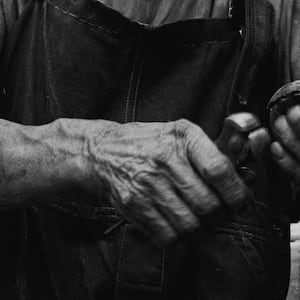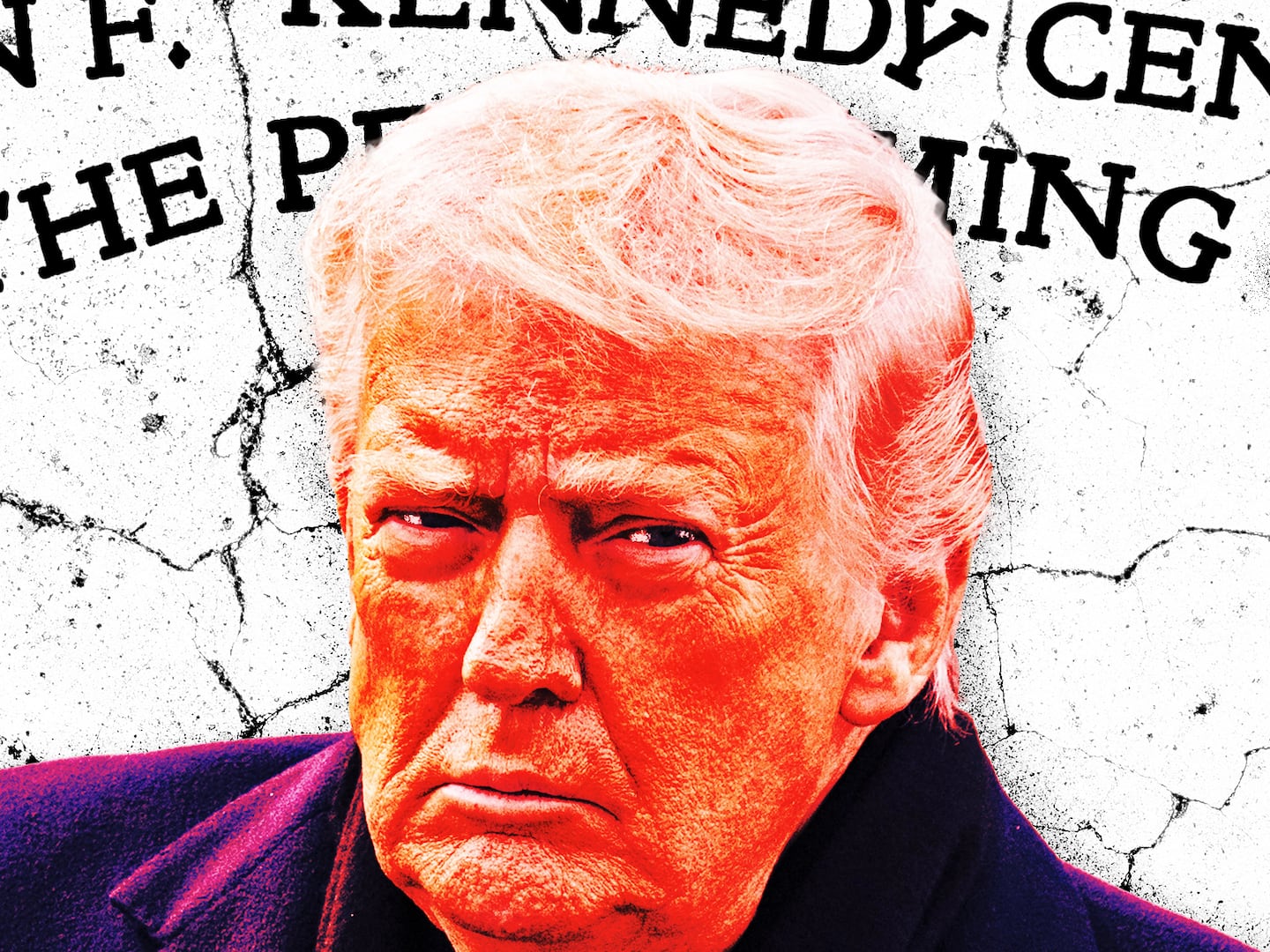Men don’t read fiction. Some of us do, of course. Some of us can’t stop. But when I became a novelist, I was surprised to learn that men account for just 20 percent of the fiction market. Most of my female friends read my first novel. Many of my male friends still intend to get around to it.
Theories abound regarding the “fiction gap.” Do men lean toward non-fiction because they’re hard-wired or societally encouraged to prefer “useful” material? Do they avoid fiction because it seems frivolous to spend so much time on made-up stories? Regardless of the reason, research is emerging about the benefits of fiction for men. I haven’t performed double-blind studies to prove my argument, but I’ll posit this: Men should read more fiction, because it makes one more empathetic, and empathy is useful.
I can’t think of another storytelling medium that allows us to inhabit the subjectivity of a character more deeply than fiction. And seeing the world through another’s eyes, especially someone completely different than us, helps us to strengthen our empathy muscle. Greater empathy makes us better parents, better spouses, better managers, better friends. Empathy is useful not only to the individual but also to society. Who can read the news these days without concluding that we could all benefit from seeing things from another’s point of view? But all that’s just my right brain making the logical case to your left brain. The reality? I can’t get enough of a good story.
But there are so many books. Where to start if you’re thinking about picking up a novel for the first time in decades? How to choose one that won’t send you back to Netflix and ESPN for another 10 years? I have a few suggestions.
SMALL THINGS LIKE THESE – Claire Keegan
At 114 pages and 38,000 words, there’s no better place to restart the fiction reading that you swore off after high school. Its size might invite you in, but the sheer quality of each sentence will compel you to finish. Every word was chosen with obvious care, and the story that they tell punches well above the weight of this little book. The main character, Bill Furlong, is an Irish coal merchant, husband, and father. In the lead-up to Christmas, 1985, he is confronted with a decision that pits what’s right for his family against what’s right. You might look at the cover and think it’s women’s fiction, and you’d be wrong. Bill Furlong is a man’s man, and this little gem is for everyone. The movie adaptation starring Cillian Murphy (Oppenheimer) debuted in Europe last month, so time is running out to shrug diffidently and say, “I already read the book.”
THE THROWBACK SPECIAL – Chris Bachelder
The title of this novel comes from the name of the play that the 49ers ran when Lawrence Taylor broke Joe Theisman’s leg on Monday Night Football. For 16 straight years, 22 middle-aged men have gathered at a cheap hotel to hold a draft, drink beer, and then head to a high-school football field to re-enact that iconic play. I know, it sounds like something you made up with your high-school buddies the last time you met up at a bar, but this novel was a National Book Award finalist. Bachelder embeds us in that weekend of ritual and friendship, allowing us to eavesdrop on everything the men say (and more importantly what they don’t say) about marriage, parenthood, friendship, aging, violence, and masculinity. You’ll likely recognize some of your high school friends in the cast of characters. You’ll certainly recognize yourself.
HARLEM SHUFFLE – Colson Whitehead
This one is just pure fun. Ray Carney, a young husband, father, and furniture store owner, is hated by his in-laws and loved by just about everyone else. He describes himself as “only slightly bent when it comes to being crooked.” He fences stolen goods out of the furniture store’s back door so that he can provide a better life for his family. But when his cousin, Freddie, drags him into a heist at the Hotel Theresa, Ray’s life gets complicated, and the bodies start to pile up. Filled to bursting with memorable characters and non-stop action, this caper was written by a man who won both the National Book Award and the Pulitzer (twice), so I geeked out on the sentences even as I kept turning pages.
A VISIT FROM THE GOON SQUAD – Jennifer Egan
This book is impossible to describe in a paragraph, you’ll just have to trust me on this one. Each chapter stands alone, so you can enjoy it in bite-sized chunks, but the parts make up a remarkable whole. It’s about punk rock and a record executive who drinks gold flakes to boost his libido and dysfunctional families and a boy obsessed with the pauses in great rock ’n’ roll songs. It’s about growing old and acting young and caring for people who have hurt you badly. It jumps 20 years into the past and then 15 years into the future and it’s about time, that goon, that steals success and youth and innocence. Like I said, you’ll have to trust me on this one. And you’ll be glad that you did.
BEARTOWN – Fredrik Bachman
Back to sports—hockey this time. We find ourselves in small-town Sweden where the junior hockey team means everything to everyone. The team, led by GM Peter Andersson, has had a rough go of it lately, but this could finally be their year. In the weeks leading up to the national junior championship, though, the star of their team does something terrible. Peter is forced to make decisions that profoundly affect his family, his team, and his town. And Beartown must decide what it stands for—besides hockey, that is.
THE THINGS THEY CARRIED – Tim O’Brien
Is it a novel? Is it a collection of linked short stories? Is it a memoir or fiction? Is it made up? Is it true? O’Brien’s masterpiece, a finalist for the Pulitzer Prize, is all these things, even when they conflict. Following a platoon of men in the Vietnam War, much like the platoon that he served in, O’Brien introduces those men by the weight and meaning of the objects that they choose to carry in addition to their gear. He explores their friendships, fears, hatred, love, and their relationship to violence and truth. It is the most meaningful book about war that I’ve read, despite the fact, perhaps because it doesn’t argue for or against. Instead, O’Brien labors to share the truth of it, even as he renders the meaning of that word ambiguous.
LEAVE THE WORLD BEHIND – Rumaan Alam
Clay and Amanda and their two teenage children, Rose and Archie, leave Brooklyn for a short vacation at a luxury Airbnb in rural Long Island. Everything is going as planned until an older Black couple, George and Ruth, turn up, claiming that they own the house. They’ve come because New York City is experiencing a blackout, but they seem shaken. Clay argues to let them stay even as Amanda tries to convince herself that her suspicion of the couple has nothing to do with their race. Cell service, the internet, and cable TV all fail, leaving everyone confused, disoriented, and uncertain. Thousands of deer migrate through. Loud noises shatter windows. And then it gets worse. Much, much worse. There’s a lot to enjoy here, but perhaps the best part: If your spouse says the movie was excellent, you can respond that the book was so much better.

Jeff Hoffmann is the author of LIKE IT NEVER HAPPENED (March 5, 2024; Crooked Lane Books) and OTHER PEOPLE’S CHILDREN. He was the winner of the Madison Review’s Chris O’Malley Prize in Fiction and a finalist for the Missouri Review’s Jeffrey E. Smith Editor’s Prize, and his writing has been published in The Sun, Booth, Harpur Palate, and Publishers Weekly. He was born and raised in St. Louis and now lives in Elmhurst, Illinois, with his wife and two children. You can visit him online at jeffhoffmannwrites.com







